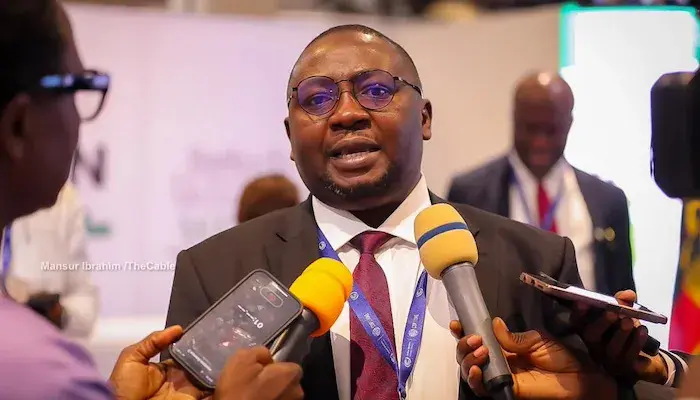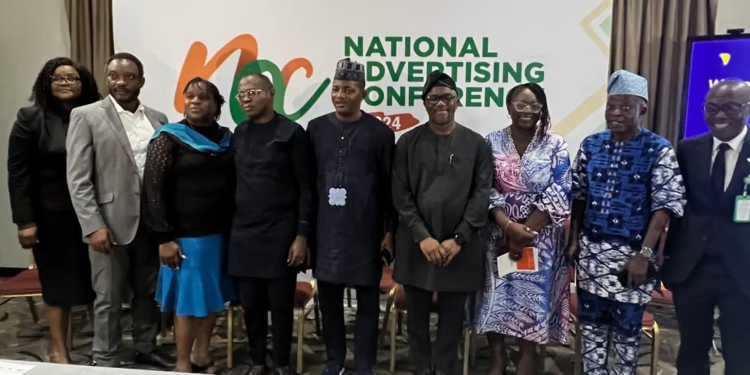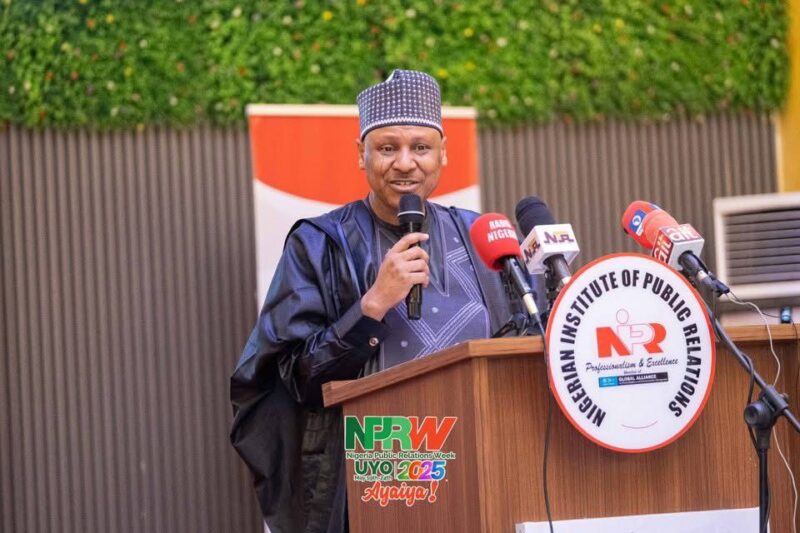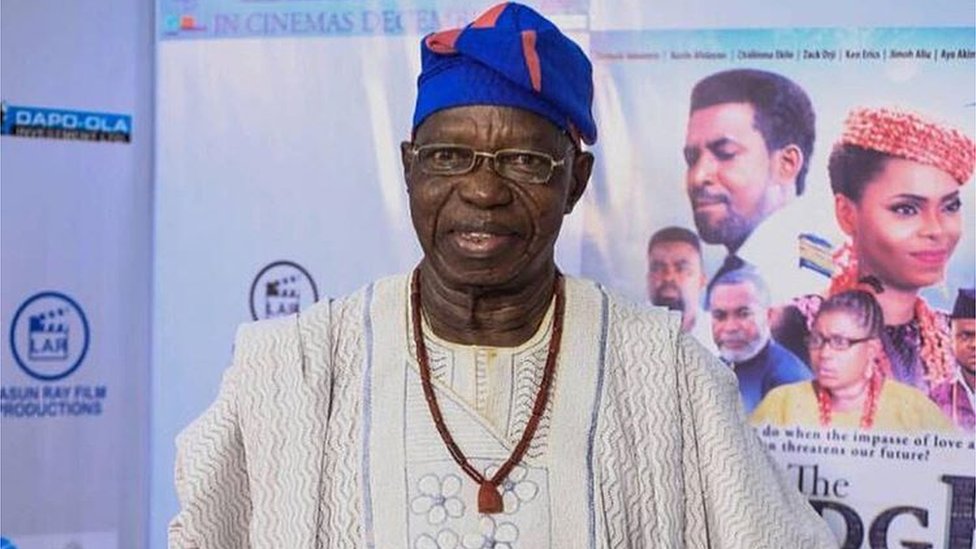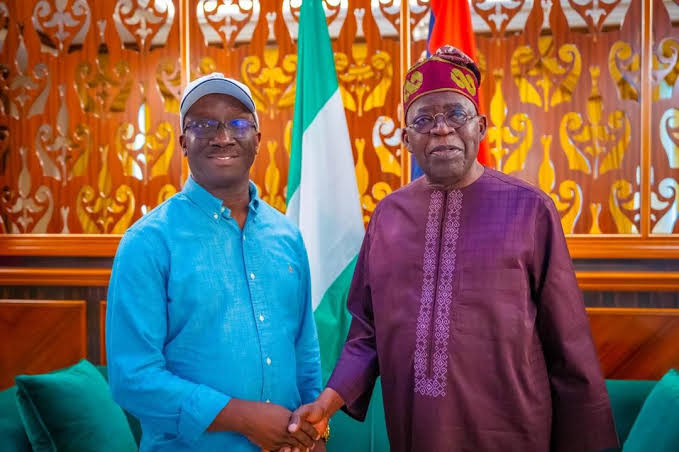Adebayo Adelabu metering initiative secures N700bn to deliver two million meters yearly and close Nigeria’s power sector metering gap in five years
Adebayo Adelabu metering initiative has taken a decisive step forward as the Minister of Power announced that the Federal Government has secured about N700 billion to fund the rollout of two million meters annually over the next five years.
Also read: Adelabu urges strong electricity market coordination to avoid conflict
Speaking at the 2025 Nigerian Energy Forum in Lagos on Tuesday, themed “Powering Nigeria through Investment, Innovation, and Partnership,” Adelabu said the fund was sourced from the Federation Account Allocation Committee (FAAC) to support the Presidential Metering Initiative (PMI).
He explained that the programme was designed to close Nigeria’s metering gap, strengthen transparency, and stabilise the power sector financially, noting that the initiative aligns with the government’s vision for a fully metered and accountable electricity market.
According to Adelabu, the PMI complements the 3.2 million meters currently being procured under the World Bank’s Distribution Sector Recovery Programme (DISREP), positioning Nigeria to achieve nationwide metering within five years.
“This marks a critical step towards ending estimated billing, improving sector liquidity, and restoring public confidence in the power system,” he stated.
The minister also revealed that the Federal Government was leveraging bilateral funding and development finance to attract private sector investment for expanding electricity access across underserved areas, including rural communities, schools, hospitals, and public institutions.
“In the past two years, more than $2 billion has been mobilised through key programmes such as the World Bank’s DARES, NSIA’s RIPLE, and the JICA fund,” Adelabu added.
“These interventions are accelerating renewable energy deployment and reliable power access nationwide.”
Highlighting government achievements in human capital development, Adelabu disclosed that new training infrastructure had been commissioned at the National Power Training Institute of Nigeria to build technical capacity within the electricity workforce.
He further revealed that agreements sealed during the 2025 Nigerian Renewable Energy Innovation Forum would add four gigawatts of solar manufacturing capacity annually, amounting to nearly 80 per cent of Nigeria’s current generation capacity.
“With this renewable expansion, Nigeria is firmly on track to meet its domestic transition targets while positioning as a key regional power supplier,” Adelabu said.
The minister commended the transformative impact of the Electricity Act 2023, noting that 15 states had already received regulatory autonomy, with one operating fully.
Adelabu also said ongoing tariff reforms had improved supply reliability, reduced industrial energy costs, and boosted sector revenue from N1 trillion in 2023 to N1.7 trillion in 2024, with projections to exceed N2 trillion in 2025.
He further revealed that President Bola Tinubu had approved a N4 trillion bond to clear verified debts owed to generation companies and gas suppliers, alongside a targeted subsidy plan for vulnerable consumers.
Reaffirming the government’s long-term vision, Adelabu described sustained investment, innovation, and partnerships as the pillars of Nigeria’s energy future.
“Through consistent reforms and collaboration, we can unlock stranded capacity, build resilience, and power Nigeria’s journey toward a brighter, more sustainable energy landscape,” he concluded.
Also read: Eko electricity distribution company denies takeover
The Adebayo Adelabu Metering Initiative represents one of the most ambitious energy reforms in recent years, aimed at transforming Nigeria’s electricity distribution and enhancing accountability across the value chain.


